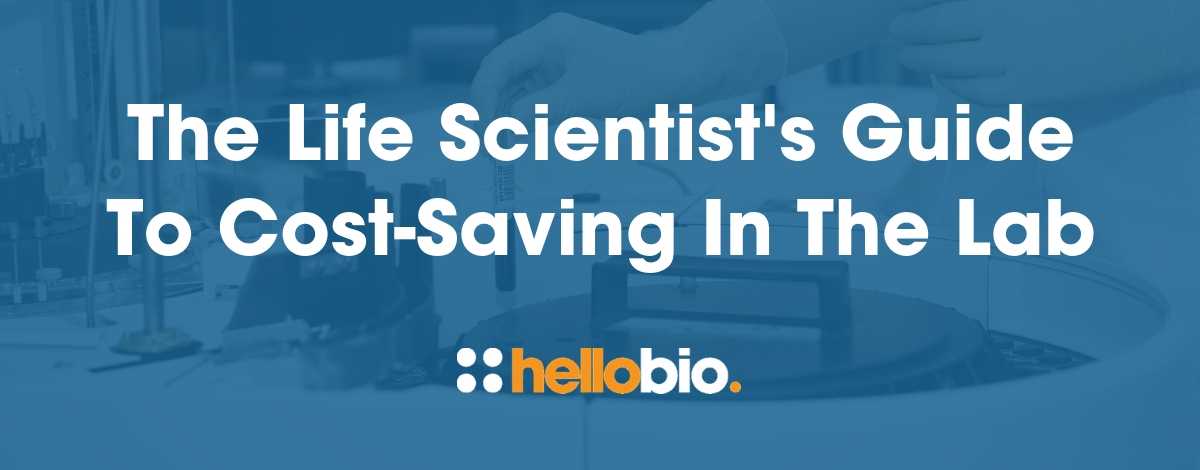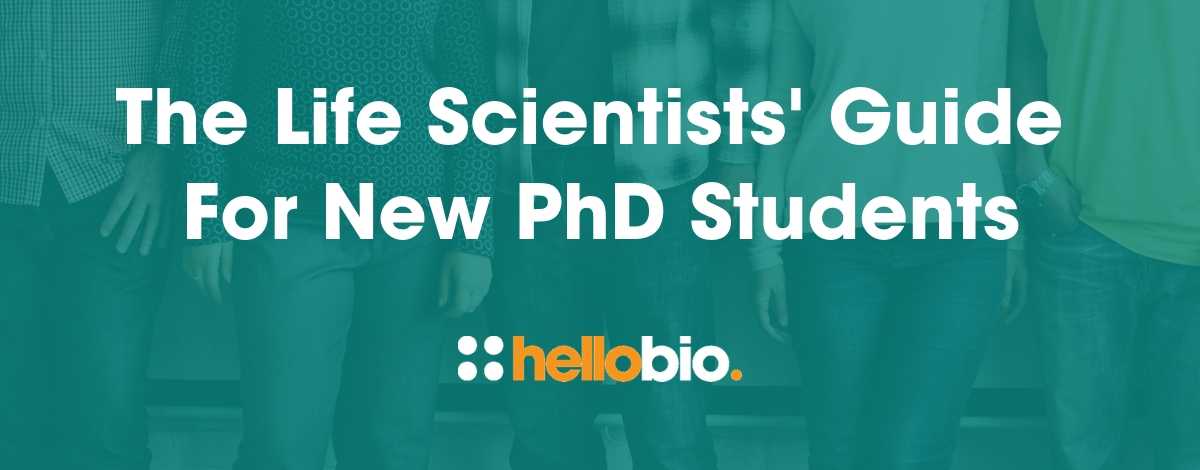Meet our Latest Travel Award Winner Alice Filippini
Alice Filippini is a researcher working at the University of Brescia and is researching Parkinsons Disease. The award will help fund her trip to 18th National Congress of the Italian Society for Neuroscience.
I would like to thank you a lot for giving me this opportunity. I am very grateful! Travel for Science is always a good idea!!!. Alice Filippini, Hello Bio travel award winner
Congratulations Alice. First, can you tell us a bit more about what you're working on at the moment?
Parkinson's Disease (PD) is one of the most common neurodegenerative disorders; it is characterized by intracellular inclusions called Lewy Bodies (LB) and Lewy Neurites (LN) in surviving neurons. LB and LN are mainly composed by aggregated forms of αSynuclein (αSyn), suggesting that the aggregation process of αSyn and its subsequent accumulation in amyloid deposits is a crucial event in the pathogenesis of the disease. At the moment, I am working on the mechanisms underlying αSyn aggregates internalization and clearance in astrocytes. Specifically, Clusterin, an extracellular chaperone, seems to play an important role during this process, probably acting as a modulator of αSyn internalization. Interestingly, this result was demonstrated in murine primary astrocytes, but it was confirmed in human iPSCs-derived astrocytes. Intriguingly, we found that Leucine-Rich Repeat Kinase 2 (LRRK2), which represents the most common cause of autosomal-dominantly inherited and apparently sporadic PD cases, affects Clusterin abundance in murine primary astrocytes, suggesting that LRRK2 might affect Clusterin-dependent αSyn internalization. Globally, our results suggest that targeting Clusterin levels or modulating LRRK2 activity might improve Syn aggregates clearance and prevent the spreading of αSyn and PD.
What is it about your field of research that gets you most excited?
When I first came into this lab, I had a quite different neuroscience background (RNA editing, Fragile X syndrome) and I wasn’t aware of the complexity of PD pathogenesis. Almost two years later, I see that basically every day some labs in the world discover a piece of this huge and mysterious picture and still a lot remains unrevealed. This is what gets me excited, because I hope that one day (maybe not too far) all these pieces will be put together to fight once and for all this neurodegenerative disease, and I am very happy and proud to contribute!
Which scientists working today do you most admire, and why?
Maria Grazia Spillantini, because her studies on αSyn are always a milestone for people working on PD!
What do you think are the biggest challenges currently facing life scientists and their work?
I think that getting funding for research today is the biggest challenge for everyone in this field. I also think that this situation leads scientist to feel a lot of stress, affecting the quality of their own lives and then of their work. I think this is not fair, because stress can make you hate the job you once loved.
What’s your favorite science quote?
"Theory is when you know everything, but nothing works; Practice is when everything works but no one knows why. In our lab, theory and practice are combined: nothing works, and no one knows why."
Sometimes it happens!!!
________________________________
Thank you Alice - we wish you all the best for a successful conference!
Click here to read about our past winners or why not apply for the grant yourself?
________________________________
Advice & guidance for life scientists
Click below to view our of essential guides and articles includes to support life scientists, PhD students & early career life scientists:
Travel grants
Every month we give away $500 to PhD students and Postdocs so that they can attend a scientific conference - click below to find out more:
Wellbeing for scientists
Click below for our resources to help improve your wellbeing:
Technical resources
Try our Molarity Calculator: a quick and easy way to calculate the mass, volume or concentration required for making a solution.
Try our Dilution Calculator: an easy way to work out how to dilute stock solutions of known concentrations
Click below to see our Mini-reviews, Pathway Posters & Product Guides: a set of technical resources to answer your questions on a wide range of topics and to help you get started quickly.

And - when you get to the stage of planning your experiments, don't forget that we offer a range of agonists, antagonists, inhibitors, activators, antibodies and fluorescent tools at up to half the price of other suppliers - click below to see how we compare with other suppliers:




















